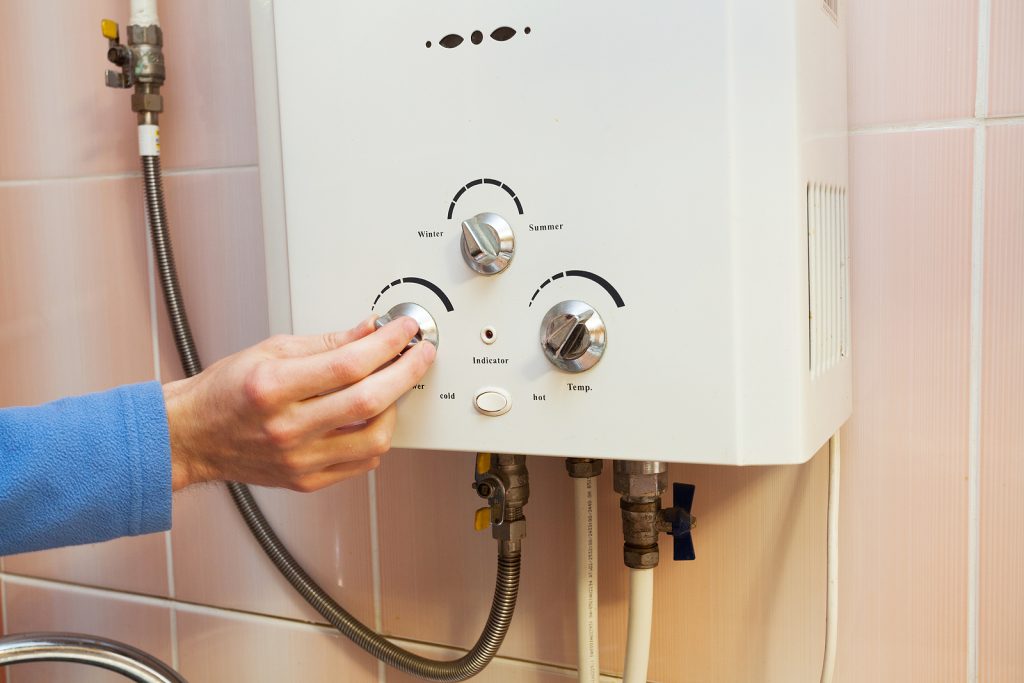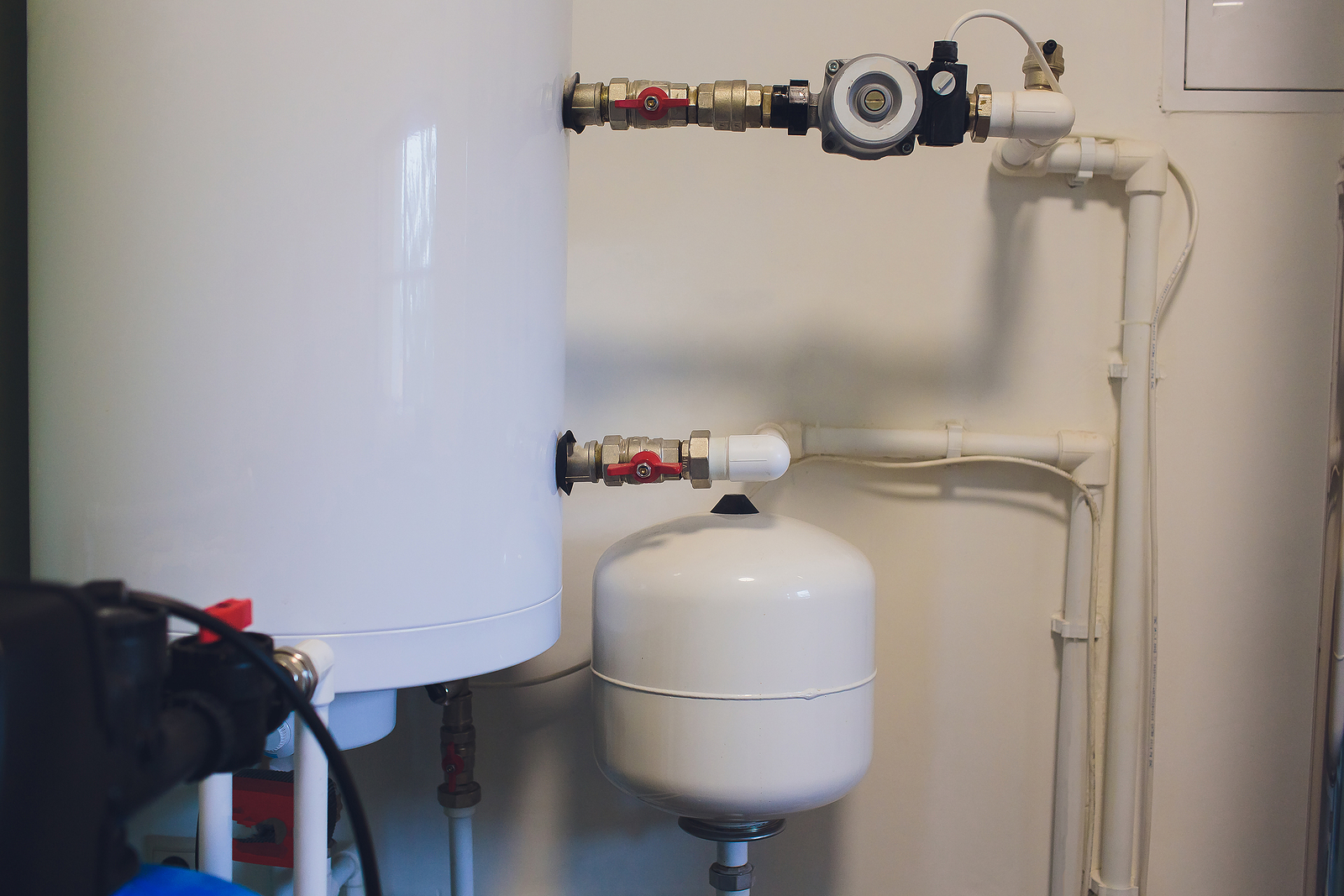Hot Water Cylinders Explained
Maybe you are looking to buy a new hot water cylinder or your old one is malfunctioning or maybe you are just the inquisitive type and are reading up on how your water is heated and how the boiler system heats up your house. Whatever the reason you might be here, we will simplify the working of a hot water cylinder for you in this article.
Hot Water Cylinders
Hot water cylinders store heated water and keep it warm until it is needed. These cylinders are of two types: Direct and Indirect.
In direct cylinder systems, the hot water is heated directly by an immersion heater. Since this heater relied on gas to run, the heated water is expensive to produce. Moreover, mid-size apartments might not have access to gas in this manner. Nevertheless, this type of cylinder has two immersion heaters: one works in peak electricity hours and the other at off-peak hours. This is a cost-effective measure, so the timers should be set wisely.
The indirect hot water cylinder uses an external boiler to heat the water.
This categorization is then further sub-divided into vented and unvented cylinders.
Vented Cylinder: These are the commonly used ones. They have copper tanks that are fed by cold water from a header tank. Gravity is used to run the hot water around the house. A vent pipe links the hot water cylinder and the cold water in the header tank. Since they are dependent on gravity, the pressure would be excellent at the bottom floor and the hot water might not reach the upper floors with the same intensity. Electric pumps are used to solve this issue. They are simple, cheap, and easy to install.
Unvented Cylinder: Unvented cylinders need a mechanism to allow expansion to take place when water heats. This is important to keep the pressure in the cylinder safe. This is done by installing relief valves. They prevent the water from overheating. An expansion tank is also needed to let in the extra expanded water. This cylinder does not need cold water because water enters from the main supply. Since the system is non-gravity fed, the pressure in the upper floors would be good. They expensive to install, buy and maintain due to the additional safety features needed by them.
Combi Boilers: They heat the water internally and do not require a cylinder.
How does a hot water cylinder work?

Simply, cold water enters the cylinder’s storage tanks when hot water exits. This triggers the thermostat that a change in temperature has occurred which in turn activates the external element responsible for heating the water (gas or electric). This process happens automatically and thus, you never run out of hot water.
Benefits of Hot Water Cylinders
- You have a constant supply of hot water, which is extremely convenient
- These systems are versatile and can even be upgraded to heat water through biomass or solar power.
- Electric hot water cylinders have a 90 percent efficiency rate, while gas cylinders have about 60 percent.
- Since the system is automated, you can simply shut it down when not needed and save power.
- These cylinders may take up space within the home so they can also be installed outside and come wetback and solar-ready.
- You can buy a system of cylinders to facilitate a family. Just be sure to keep the size of the cylinders in check. Too big will take too long to heat and too small will constantly run out.
Be cautious of any rust or leakage in your tank. If you are using a gas task indoors, be sure to check for any gas leakage and keep your house ventilated when the tank is in use.

